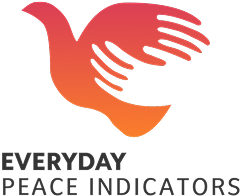Mostar, a city in Bosnia and Herzegovina, stands as a symbol of post-war division in the Balkans. After the 1990s war, the city has struggled with governance, international interventions and political tensions. Today, two major political parties control different parts of the city, promoting exclusionary nationalist narratives that influence government institutions, the media and even separate school curriculums.
These divisions also affect Mostar’s public spaces, which are often neglected and seen as exclusive to certain groups. As a result, these spaces fail to provide opportunities for residents to connect and share life together.
EPI collaborated with four partner organizations which were part of the UK-funded Project Mostar – Spaces to Activate and Rejuvenate (Mostar – Prostori koji pokreću). Project Mostar aimed to make Mostar an inclusive city and foster a new positive narrative across the Western Balkan region. The project sought to achieve greater social cohesion focusing on improving public spaces both materially and culturally.






















